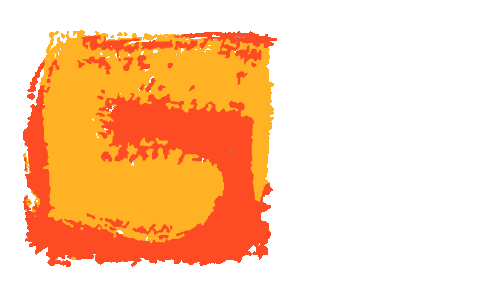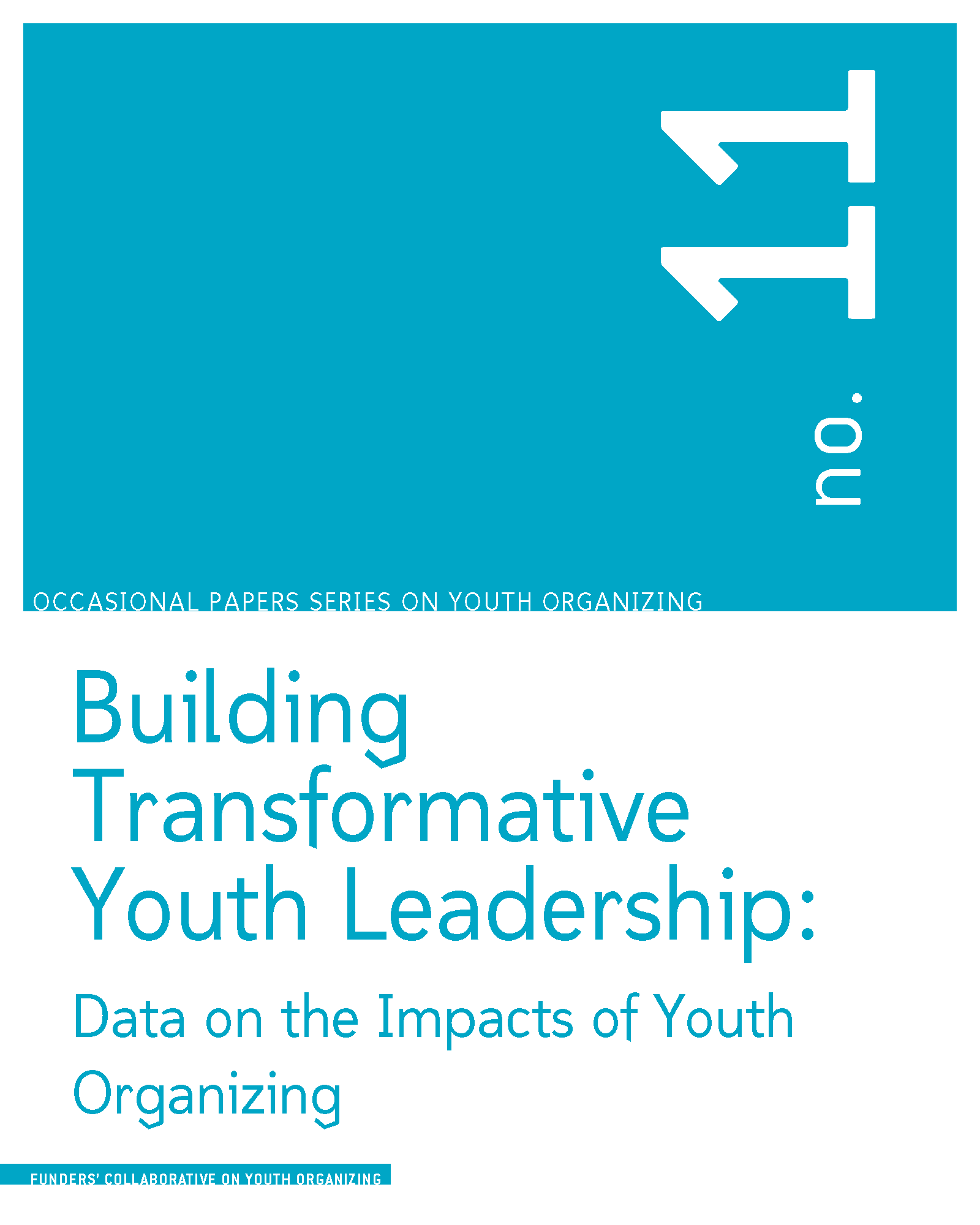RESOURCE
OPS 11 - Building Transformative Leadership: Data on the Impacts of Youth Organizing
FCYO's Occasional Papers Series (OPS) is a series of papers aiming to capture and document growing knowledge around youth organizing, and address key issues and questions commonly posed by funders and practitioners about the work and field overall. There are 11 OPS installments, which explain the theories behind youth organizing as a strategy for transformative youth development and social change, track the history of youth organizing in different regions across the United States, and uplift the individual, community and societal impacts of youth organizing.
In FCYO’s 11th issue of the Occasional Papers Series, “Building Transformative Youth Leadership,” the second in the Leadership Pipeline series, Seema Shah builds upon our 10th issue, in which Shawn Ginwright made the case for developing a Leadership Pipeline to bring low-income youth of color into organizing (entry stage); strengthen their leadership and organizing skills (development stage); and support their transition to higher education, employment and advanced leadership opportunities in social justice organizing (transition stage). Shah focuses on the development stage of the Leadership Pipeline and draws upon years of data for this publication, the most comprehensive study on youth organizing’s impacts to date.
With this issue, Shah illustrates the transformative power that youth organizing, specifically organizing for education reform, has on young people – from increasing their sense of selfefficacy and strengthening their leadership capacity, to increasing their collective power, academic motivation, and future commitment to civic engagement. This paper illumintates the connections between youth organizing’s transformative impact on young people and its potential to affect public education and social change. Future papers in this series will continue to build the case for how and why youth organizing is a key strategy in improving outcomes for young people, their schools, and communities.



